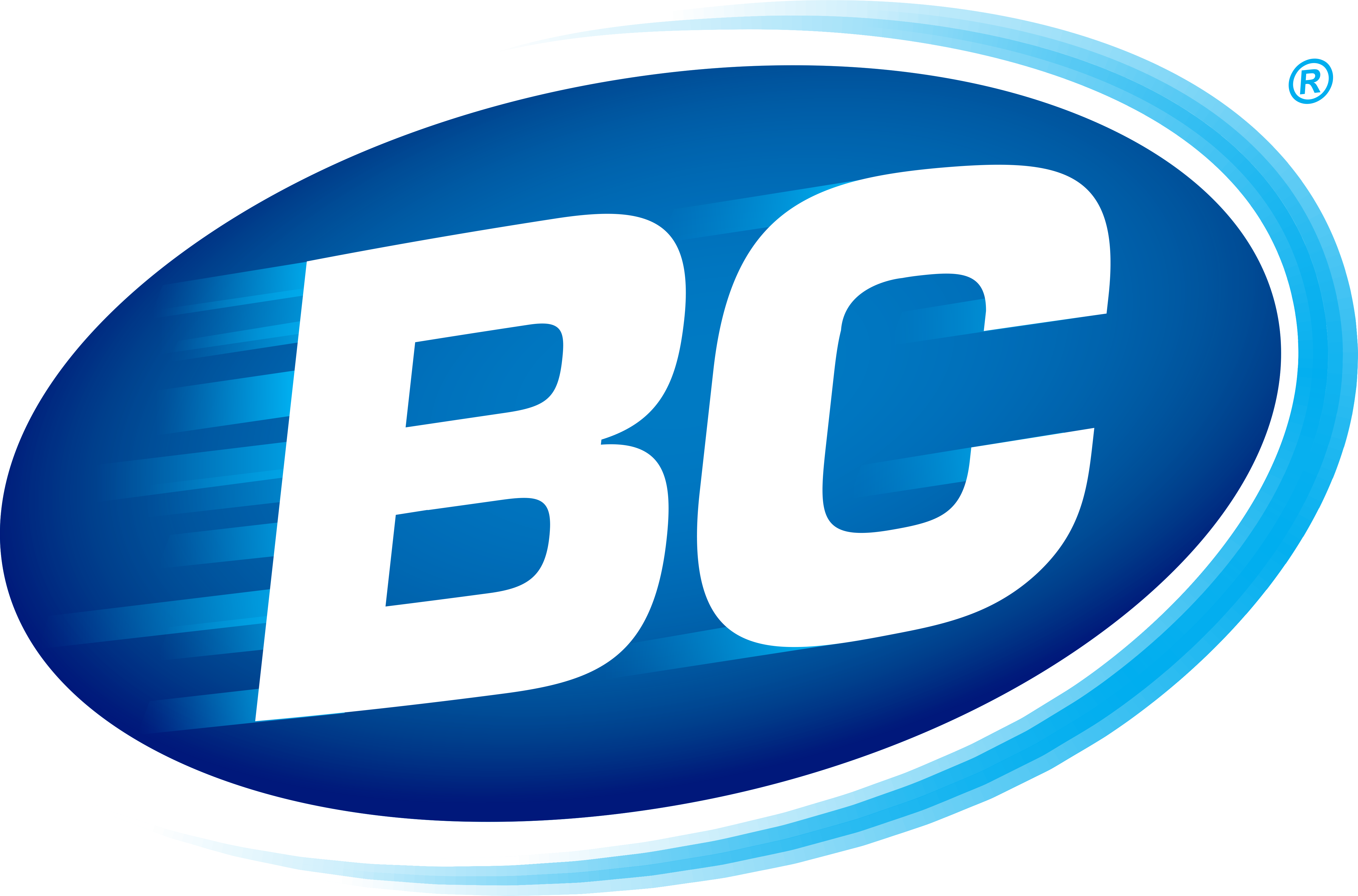

Arthritis Meds: The Difference Between Prescription and Over the Counter
A look at some different types of arthritis medications on the market—prescription and over-the-counter medicines.
Learn More
Nighttime Cough Relief for Better Sleep
Coughing through the night is not only annoying, it keeps you from feeling good and being productive the next day. Check out these tips for nighttime cough relief.
Learn More
8 Back Pain Remedies That Work
Don’t let back pain stop you. Be ready with back pain remedies that work and that can change your life.
Learn More
6 Ways You Can Treat Arthritis at Home
6 things you can do at home to help treat your arthritis and relieve arthritis joint pain.
Learn More
What Can I Do for Muscle Pain Relief?
The list of possible reasons for muscle pain is long, but there are a number of ways to get relief. Find out what you can do for muscle pain relief at home or on the go.
Learn More
What Causes Headaches at Home?
Spending more time at home could be causing more headaches. See what to do for prevention and pain relief.
Learn More
How Can I Get Rid of My Headache Quickly
Headaches can arise quickly when we least expect them. Be ready with these tips for fast headache pain relief.
Learn More
What Causes Headaches? 5 Triggers You Should Know
Headaches can be caused by many things. Here are 5 headache triggers and what to try for pain relief or prevention.
Learn More
5 Foods that Might Be Causing Your Headache
Certain ingredients in food and drinks can trigger headaches in some people. Find out what might be causing your headache.
Learn More
7 Habits to Ease Arthritis Pain
Arthritis pain is not easy to deal with, especially if you’re someone who takes care of others or is always on the go. Learn how you can change daily habits to help relieve the pain.
Learn More Try the newest BC® Powder:
Try the newest BC® Powder: 

